|
Lots of people have difficulty with motivating themselves to do things. Ever felt stuck in a rut or that each day was the same - just a little bit mundane - on repeat? The reality is most people have responsibilities and commitments that see them engaging in repetitive behaviours such as commuting to and from work. How can we make life more fun, rewarding and improve our psychological well being and life satisfaction at the same time?
Engaging in new experiences can have a profound impact on mental wellbeing. Whether it's learning a new language, cooking a new recipe, or picking up a new hobby, these activities can stimulate the brain, enhance emotional health, and boost overall life satisfaction. Here’s some practical ideas to get started today:
Even better combine two motivators together - such as learn a new language with an app - in preparation for a travel destination to somewhere new. Engaging in new experiences can significantly enhance mental wellbeing. From promoting neuroplasticity and cognitive function to boosting emotional health and resilience, the benefits are clear. So, whether it’s learning a new language, trying out a new recipe, or picking up a new hobby, embrace the opportunity to step out of your comfort zone and experience the mental health benefits that come with it.
0 Comments
As we move from spring towards summer we notice the changes in nature as we look out the window or go on a walk. Scientists studying nature's cycles have found an inherent rhythm—a dance of impermanence. Trees shedding leaves, flowers blooming, seasons transitioning—each phase illustrates the transient nature of life. Recent psychological studies echo these observations, highlighting the positive impact of embracing change in cultivating resilience and wellbeing.
Through the practice of mindfulness we can observe these cycles, recognising the impermanence of our own existence. Through observation we can discover the art of acceptance, the wisdom to let go, and the courage to welcome what comes next. Accepting change is an active process of letting go of resistance, fostering adaptability, and finding peace within transitions. Mindfulness practices, such as meditation and mindful breathing, mirror nature's rhythm. They guide us to acknowledge our thoughts and emotions without getting hooked by them, teaching us to flow through life's changes gently. In the busyness of our lives, finding moments of calm and reflection has become increasingly challenging. However, the practice of mindfulness offers a pathway to inner peace and a deeper connection to the present moment. Let’s explore the connection between mindfulness and the ancient festival of Diwali, a celebration of light and the triumph of good over evil.
Mindfulness is the art of cultivating a heightened awareness of the present moment without judgment. Rooted in ancient contemplative traditions, it has found its place in contemporary society as a powerful tool for managing stress, improving focus, and enhancing overall well-being. Diwali, also known as the Festival of Lights, holds profound cultural and spiritual significance in various traditions. It symbolises the victory of light over darkness and good over evil. The parallels between mindfulness and Diwali become evident when we consider the following: 1. Inner Light: Diwali encourages the illumination of inner light, representing the clarity and wisdom that comes with self awareness. Similarly, mindfulness guides individuals to find their inner light by being fully present and embracing self awareness. 2. Conquering the Darkness: Diwali celebrates the triumph of light over darkness, mirroring the mindfulness journey where individuals confront their inner struggles, anxieties, and distractions, ultimately overcoming them through focused awareness. 3. Connection and Presence: Diwali is a time for family and community gatherings. Mindfulness fosters a sense of connection by encouraging individuals to be fully present in their interactions, strengthening relationships and promoting a sense of unity. As many of our community members celebrate Diwali, let us also take a moment to reflect on the profound connection between mindfulness and this festival of light. By incorporating mindfulness practices into our lives, we not only enhance our well being but also align ourselves with the timeless wisdom embedded in traditions like Diwali. In the union of mindfulness and Diwali, we find a pathway to inner illumination and a deeper appreciation for the present moment. Researchers have identified important factors that determine whether or not someone establishes meditation as a lasting cornerstone habit in their life: (Lam, Riordan, Simonsson, Davidson, & Goldberg, 2023):
Factors That Help People Stick with Meditation:
Factors That Might Make It Harder to Persist Meditating:
Factors That Don't Seem to Affect How Long You Stick with Meditation (eg. for a lifetime):
Reference: Lam, Riordan, Simonson, Davidson, & Goldberg. (2023). Who Sticks with Meditation? Rates and Predictors of Persistence in a Population-based Sample in the USA. Mindfulness, 14(1), 66-78. A popular and frequently used technique is mindfulness of your daily routine. It works like this... you use your senses to help you focus on simple tasks that you do throughout the day. Try the following examples...
Washing up the dishes: Sight: soap bubbles Smell: fragrance of the washing up liquid Feel: warmth of the water Hear: splashing of the dishes in the sink Taking a shower: Sight: steam rising Smell: soap and conditioner Feel: water on your head and back Hear: water rushing down Hanging out the washing: Sight: blue sky and clouds Smell: clothes freshly washed Feel: the fabric of the clothes and pegs in your hand Hear: wind in the trees Gardening: Sight: blades of grass, soil, and flowers Smell: fresh earth and flowers Feel: the ground beneath your feet Hear: birds Cooking: Sight: the food as you stir it in the pot Smell: aroma of herbs and spices Feel: the produce as you peel and cut Hear: sizzling and boiling and chopping sounds Taste: the flavours - salty, sweet, sour...? You could apply this technique to any task you like - just try and focus on each of your senses in turn and notice what you can see here think feel (and taste). This is normal and natural and happens to everyone. Learning to focus your attention is like strengthening a muscle. We need to keep repeating the same action over and over to get stronger muscles and focus of attention. Try an active meditation eg walking so that you are less likely to be distracted by your thoughts. Pick a time of day for your daily practice. Your mind is like a stage – the attention is like where you shine the lights on the stage. Your mind will keep hooking you and taking your attention off the focus (eg the narrators voice or your breathing) and onto other things (eg. your worries, sounds outside). Just keep refocusing your attention again and again. You will become more confident and less likely to be distracted over time. Just like a buddhist monk – learning a new skill takes practice. Were you confident the first time you rode a bike? No, you had to keep practicing and you got better and better over time. Just don’t give up. There are lots of apps out there to help you. Start with briefer meditations eg 2 or 5 minutes, and work your way up. You could try apps that match your practice to an activity eg walking or eating.
Sometimes clients say to me that they tried mindfulness but it's not really for them. Often people are being mindful without really even knowing it. Remember that mindfulness just means being in the present moment and noticing something. So there's probably lots of times each day when you're doing just that and you don't even realise it. For example:
So, as you can see, there's lots of different situations where you might be being mindful already and not even realising it. So first notice when you're being mindful and then try and extend those periods and increase the number of times per day where you're fully present and in the moment. When we are consciously in the present moment it helps us to get out of our own heads and redirects your mind off going over the events from the past (regrets) or worrying about the future. Staying in the present moment just like a 2 year old child. Lots of people have given mindfulness a go, but they don't really understand why it's important and how mindfulness helps. So let me explain to you the reasoning behind mindfulness.
Imagine a mouse walks into the room right now and I say the word 'cat'. Is the mouse going to feel scared? No, because the mouse doesn't have language so it doesn't understand that the word 'cat' represents danger. The mouse will not feel fear in the way that a human might if i shouted 'fire' or 'help, intruder' or 'snake'! The mouse won't feel fear in response to a word. If the mouse comes into the room and it sees a cat is physically present - it's going to feel fear and it's going to run away (flight) or freeze. The mouse is living in the present moment. The here and now. Small children are like the mouse. They live in the present moment. Imagine a 2 year old walking down the street. The toddler is going to stop and look at everything in wonder. It's going to be a slow walk. The child is there, in the present moment. They're not going to be upset about what happened yesterday (regrets about the past) or worried about what's going to happen tomorrow (what ifs about the future). The child is not going to be thinking "oh, I shouldn't have said that to mum yesterday" or "Oh no, what if it rains tomorrow and I can't go to the park". The child, like the mouse, is going to be in the present moment. They are only going to be upset if there is a here and now trigger. Like hunger, tiredness, thirst, or there's a big dog and they're scared. Adult humans apparently spend 32% of our time either thinking about the past or the future. So on average we are in the present moment only 68% of the time. In life, we want to be more like the two year old. Adult humans, have language and can therefore dwell on regrets from the past. Repeatedly going over events from the past can cause us to feel sad and regret. We tend to have a bias to recall negative events from the past over positive memories. We are more likely to have negative thoughts about the future and think about all the things that might go wrong (catastrophising or what ifs). Worrying about things that might happen in the future cause us to feel stress, fear, and anxiety. So, that's why we need to try and be more like the two-year-old (or the mouse) and stay in the present moment. Ultimately, we don't really know (and we can't control) what's going to happen in the future. We can't change what's happened in the past. So today, try and be more like the two year old. Be in the present moment - looking at everything around you with an attitude of openness and curiosity and wonder (just like a small child). As though it's the very first time you've ever seen the world. Let’s try out some simple ways to incorporate mindfulness into your life that don’t involve sitting cross legged in a quiet room for upwards of 30 minutes. Let’s face it, not everyone has time for long meditations. So in order to develop a mindfulness practice that can be maintained we need to find a way to incorporate our meditation into daily life. Lots of people use apps. You could try the free ones: smiling mind or headspace or purchase apps such as Buddhify which matches your mindfulness practise to different activities such as walking or eating or waiting in a queue. For a more comprehensive approach you may want to take a free trial of the Calm app which won health app of the year recently and has so many different options that you can try. From sleep stories to nature sounds to mindful meditations when you're experiencing strong emotions or distressing thoughts. The Calm app is like having your own mindful meditation teacher in your pocket. I personally use the Calm app to fall asleep at night just to clear my mind from the thoughts of the day and also to relax my muscles to promote more restful sleep. Some people prefer to do their meditation practise when they first wake in the morning particularly if they're feeling anxious or stressed about what lies ahead of them that day. It doesn't really matter when you practise mindfulness the main thing is finding a time of the day that makes sense to you where you have a few minutes and you're not likely to be distracted or interrupted and to just keep building on that practise. Try it out and see if it makes a difference. Being mindful could be as simple as just going for a walk around your neighbourhood and noticing the natural beauty around you. Notice the sky, the clouds, the sunset, the horizon. Notice the smells of the spring flowers, the gardens, the soil. Connecting with nature through what can you hear - the birds, wind through the trees. Notice what you can feel - the warmth of the sun, your feet touching the ground, the cool breeze on your skin. Be in the present moment and notice the world around you. Being mindful can be as simple as that – just slow down and notice.
Welcome to September, the first month of Spring where we will be focusing on Mindfulness and Growth Mindset! Spring is a season of hope and optimism, growth and new life, a time for renewal. Over the next month we will be exploring the concept of mindfulness and learning more about the benefits of adopting a growth mindset in life.
Many people have heard of mindfulness but what is it? Being mindful simply means to notice something. For example, you could be mindful of your breath, your thoughts, or the world around you. If you are being mindful you are living in the present moment. A simple way to be mindful is to slow yourself down. Walk, speak, and move more slowly and see what you notice. You may have heard people talk about a “growth mindset”, but what is it? Growth Mindset is a concept developed by psychologist Carol Dweck. She believes that abilities, skills, and intelligence can be developed and improved over time with effort, learning, and perseverance. I have always believed that humans are innately good and that change is possible for anyone. Your unique life potential is not fixed but can be enhanced through dedication and hard work. Cultivating a growth mindset involves self-awareness, self-reflection, and a willingness to embrace challenges and learn from life experiences. How does mindfulness relate to having a growth mindset? Mindfulness practice can help us to develop a growth mindset through self-awareness, self-compassion, living in the present moment, and developing an accepting attitude towards life. A growth mindset can enhance the effectiveness of mindfulness by encouraging an attitude of curiosity, resilience, and the willingness to explore new ways of thinking and being. Overall, the combination of being mindful and having a growth mindset can lead to greater personal development, increased well-being, and a more positive and adaptable approach to life's challenges. |
AuthorAmanda Hall is a Clinical Psychologist with over 25 years' experience Archives
November 2023
Categories |


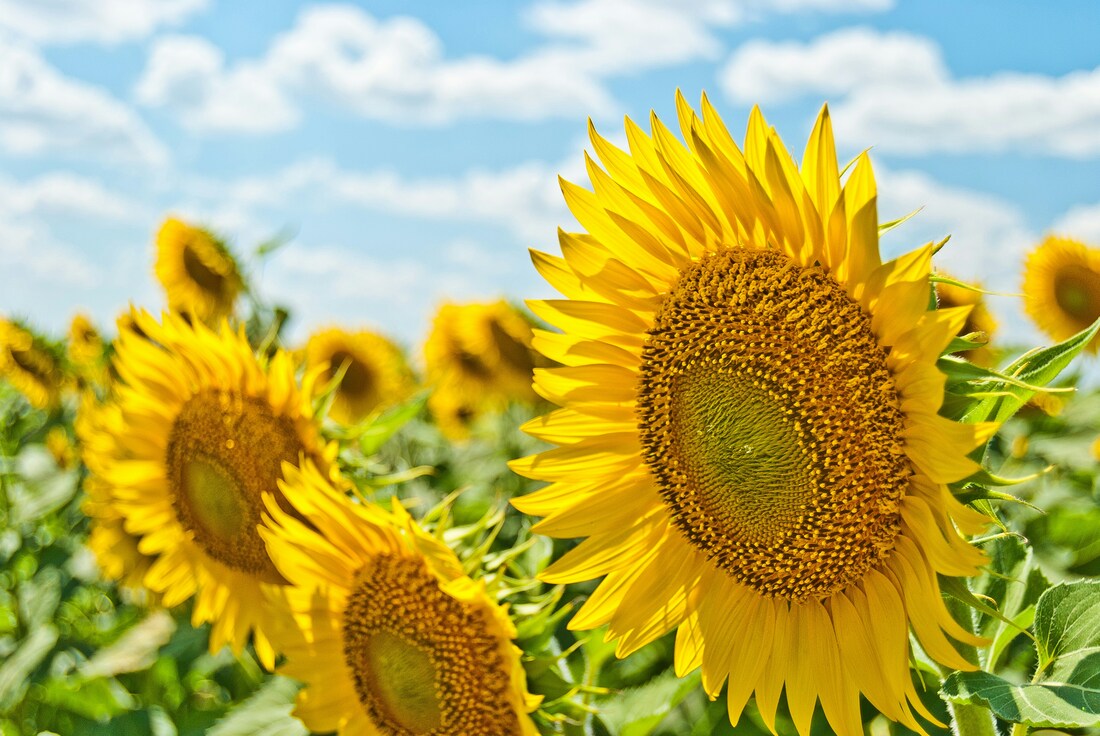

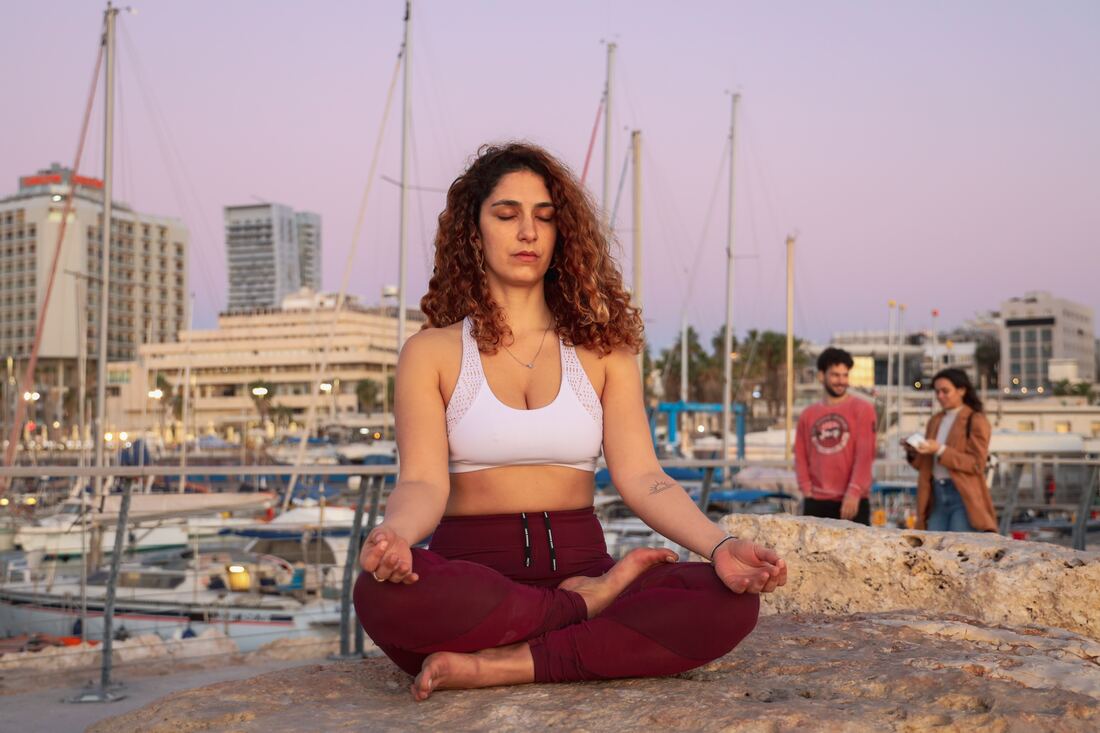


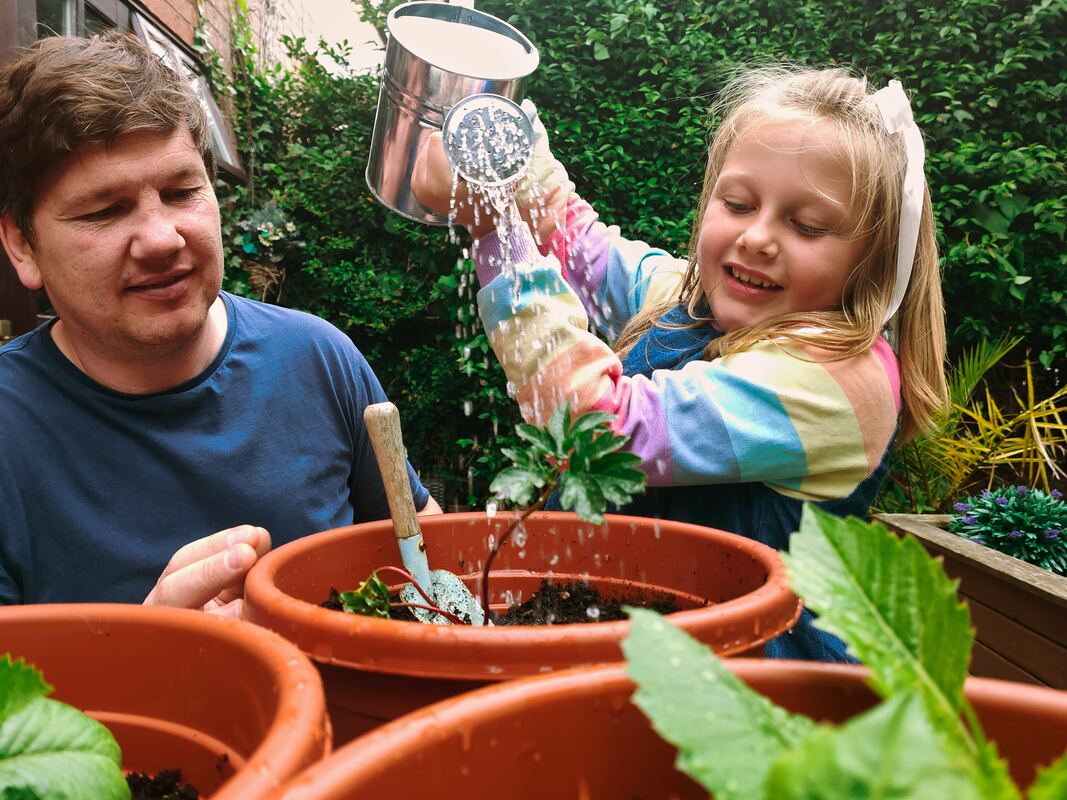
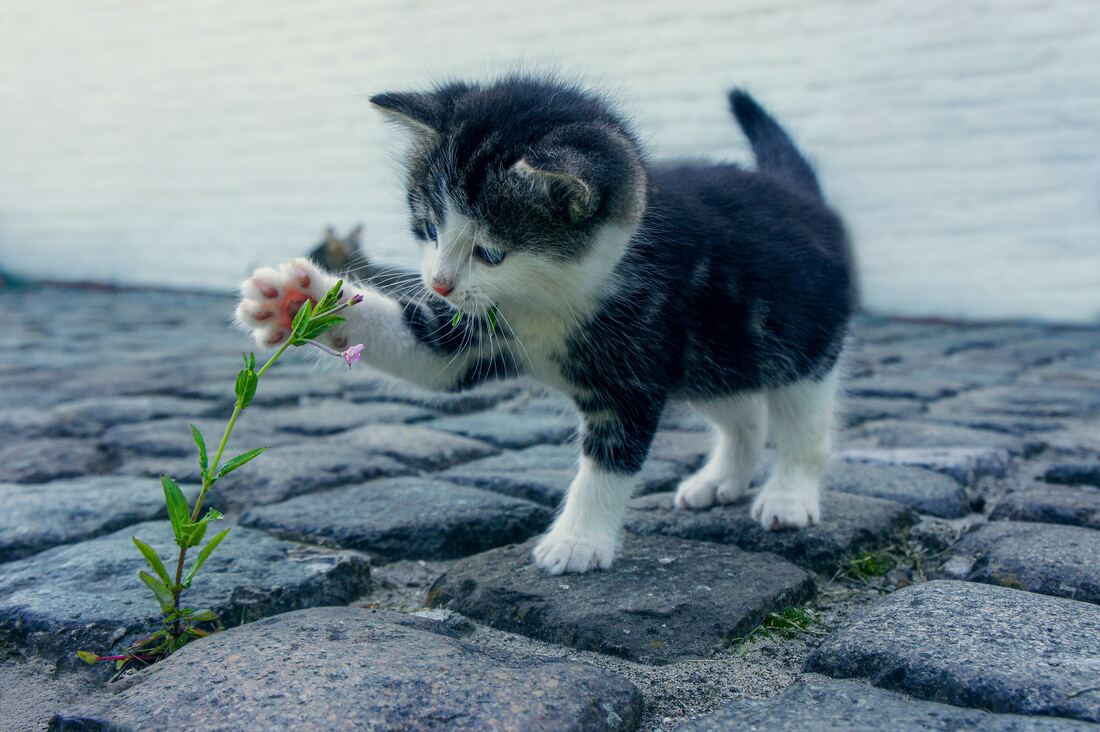
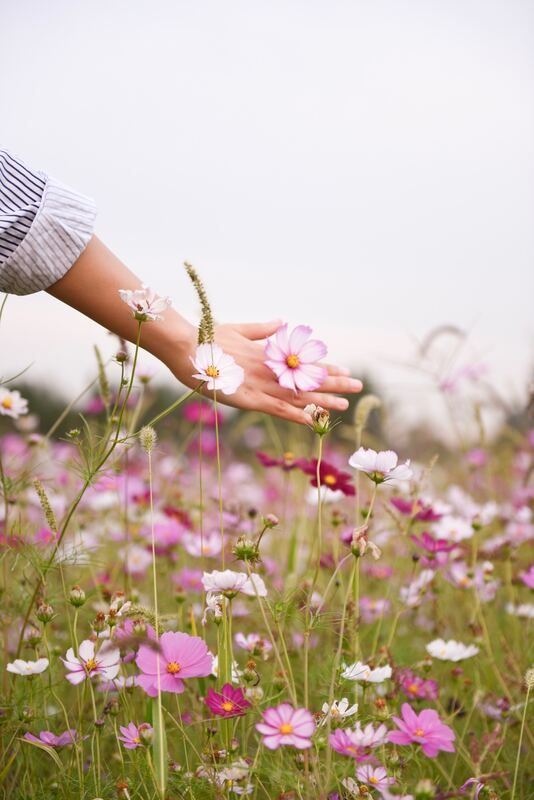
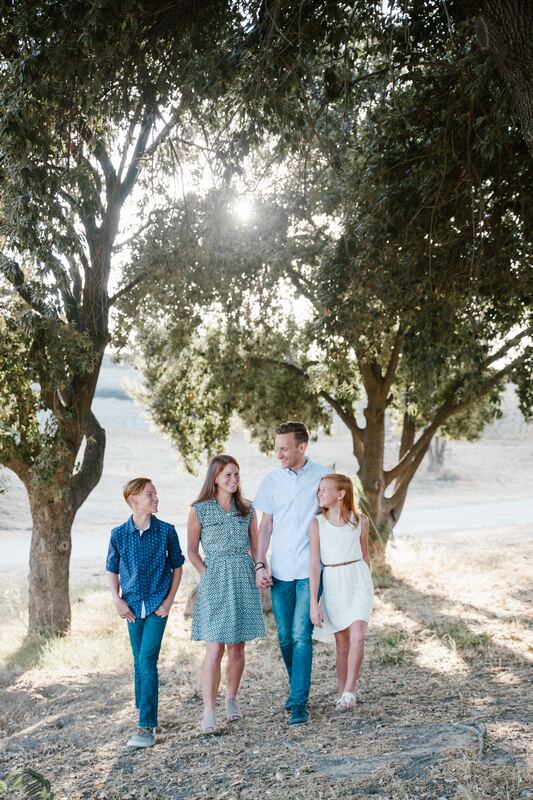
 RSS Feed
RSS Feed